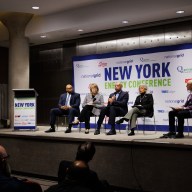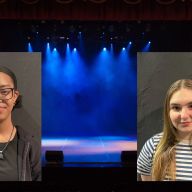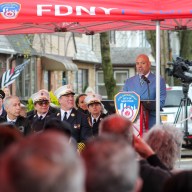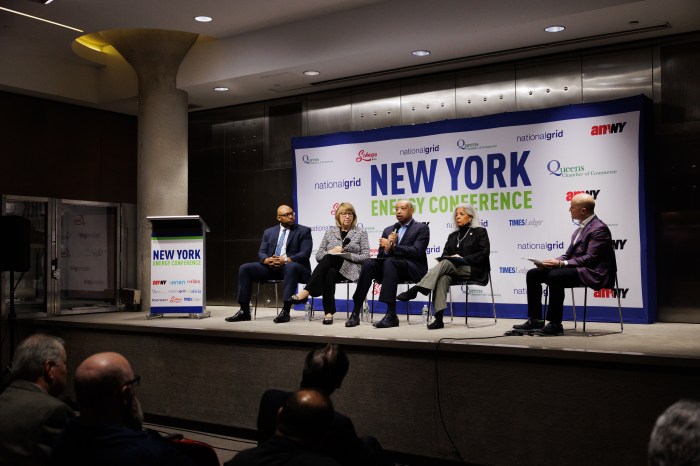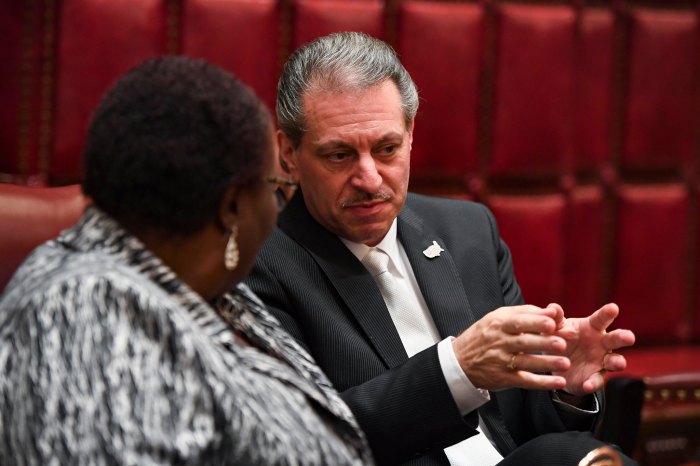By Stephen Witt
It sounds like a resolution with no teeth, but it may also lead to changes in the state’s voting laws. The issue is City Councilmember David Yassky’s announcement last week that he is sponsoring a resolution demanding that New York State allow ex-convicts still on parole the right to vote. “Nearly four decades after Rev. King’s death, unfair and discriminatory voting policies still make it difficult for black voters to make their voices heard,” said Yassky in announcing the resolution on the weekend of the Martin Luther King, Jr. holiday. “Ex-cons – the vast majority of whom are black – are barred from the polls, and disenfranchised from their government. How are they supposed to rejoin a society that has not just locked them up, but locked them out? “I propose that we allow all ex-cons, from the moment they are released from prison, to vote. When you have claim to something, you feel responsibility toward it as well,” he added. Yassky said there are five million ex-cons not allowed to vote nationwide. There are more than 80,000 disenfranchised African-Americans in New York State either currently in prison or on parole who can’t vote, Yassky said. According to Lee Daghlian, spokesperson for the New York State Board of Elections, current law states any person incarcerated or on parole for a felony does not have the right to vote. “If they are not in jail and not on parole they can vote like anybody else,” Daghlian said. Daghlian said there is no pending legislation in Albany to change the law, but he has heard rumblings about the issue in other states that don’t allow ex-convicts convicted of a felony to vote at all. Much of this issue comes from the Federal Help America Vote Act that went into effect in 2002 and which itself stems from the Florida election returns during the 2000 presidential elections, he said. Daghlian said the act requires states to have new voting machines and establish a statewide data base of registered voters. The data base part may prove to have logistical problems if paroled convicts are allowed to vote, as the board of elections would have a hard time tracking when and where convicts were paroled out of prison, he said. Daghlian noted there is no federal Board of Election, and each state chooses whether convicted felons can vote or not – even in presidential elections. However, the proposed city resolution, which even if passed would not be binding in city elections, does have several advocates. “We support the measure,” said Robert Gangi, executive director of the Correctional Association of New York. “When people complete their prison sentence, they have sufficiently paid their debt to society and full citizenship status should be restored,” he added. Gangi said allowing those on parole to vote would also work to society’s benefit as it fosters the ex-convict to engage in a more positive lifestyle. NYPIRG (New York Public Interest Research Group), a public policy watchdog organization, has yet to take a position on the issue, according to NYPIRG spokesperson Russ Haven. Yassky spokesperson Evan Thies said there are no co-sponsors on the resolution yet, but he expects several other councilmembers to sign onto it. The resolution will be introduced at the February 1, council session, Thies said.








